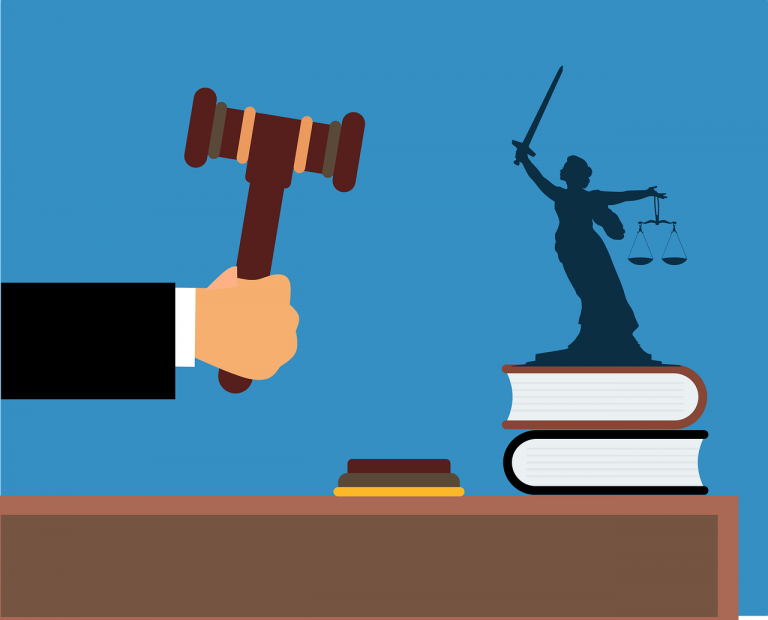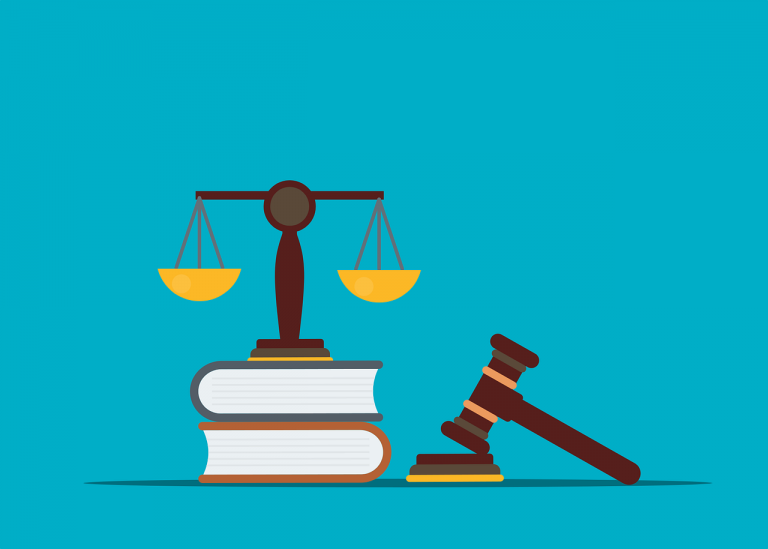Yesterday at the Vrije Universiteit Amsterdam post-graduate/professional training Current issues in Internet Law I referred to the lecture I delivered this spring for the Dutch IT & Law Association on fake news (report Anne de Hingh). Because, it is one of these legally very interesting topics, for one since the problem is clear but the solution is not. The latter was “dealt with” yesterday:
Parliamentarians from across the world sign declaration on the ‘Principles of the Law Governing the Internet’
Interestingly enough, this headline from the website of the UK Parliament is actually a sort of fake news. The declaration is not as general as “The Law governing the internet”, but specifically aims at addressing the topic of fake news. In doing so some issues of a more general nature are addressed (such as the power of platforms and the responsibility that comes with such power).
The declaration was the outcome of a session of the “International Grand Committee’ on Disinformation and ‘Fake News”, and concerns “principles of transparency, accountability and the protection of representative democracy in regard to the internet.” Admittedly, there is reference in the declaration to “create a system of global internet governance that can serve to protect the fundamental rights and freedoms of generations to come.”
The initiative should be applauded, for it takes serious steps towards resolving an issue crucial to our democratic society. To fight the phenomenon at its roots (people making money with fake news, governments using fake news to influence politics) is hardly possible. However, to involve as much countries as possible as well as tech companies, such joint effort could get us somewhere.
Before quoting the interesting principles, it is noteworthy that one of the central players of this debate was represented but not by the man in charge, viz. Mark Zuckerberg. This annoyed those present: “Zuck’s no-show, a repeat offence as concerns the UK’s Digital, Culture, Media and Sport Committee who chaired today’s hearing, led to frustrated MPs putting out an empty chair for the tech billionaire.”
Preamble
We the undersigned:—
Members of the national Parliaments of: the Argentine Republic; the Kingdom of Belgium; the Federative Republic of Brazil; Canada; the French Republic; Ireland; the Republic of Latvia; the Republic of Singapore; and the United Kingdom of Great Britain and Northern Ireland.
Noting that:— the world in which the traditional institutions of democratic government operate is changing at an unprecedented pace; it is an urgent and critical priority for legislatures and governments to ensure that the fundamental rights and safeguards of their citizens are not violated or undermined by the unchecked march of technology; the democratic world order is suffering a crisis of trust from the growth of disinformation, the proliferation of online aggression and hate speech, concerted attacks on our common democratic values of tolerance and respect for the views of others, and the widespread misuse of data belonging to citizens to enable these attempts to sabotage open and democratic processes, including elections.
Affirming that:— representative democracy is too important and too hard-won to be left undefended from online harms, in particular aggressive campaigns of disinformation launched from one country against citizens in another, and the co-ordinated activity of fake accounts using data-targeting methods to try manipulate the information that people see on social media.
Believing that:— it is incumbent on us to create a system of global internet governance that can serve to protect the fundamental rights and freedoms of generations to come, based on established codes of conduct for agencies working for nation states, and govern the major international tech platforms which have created the systems that serve online content to billions of users around the world.
Declaration
In the interests of transparency, accountability and the protection of representative democracy we hereby declare and endorse the following principles:
· i. The internet is global and law relating to it must derive from globally agreed principles;
· ii. The deliberate spreading of disinformation and division is a credible threat to the continuation and growth of democracy and a civilising global dialogue;
· iii. Global technology firms must recognise their great power and demonstrate their readiness to accept their great responsibility as holders of influence;
· iv. Social Media companies should be held liable if they fail to comply with a judicial, statutory or regulatory order to remove harmful and misleading content from their platforms, and should be regulated to ensure they comply with this requirement;
· v. Technology companies must demonstrate their accountability to users by making themselves fully answerable to national legislatures and other organs of representative democracy.



